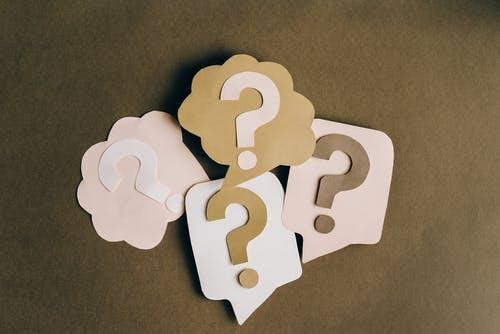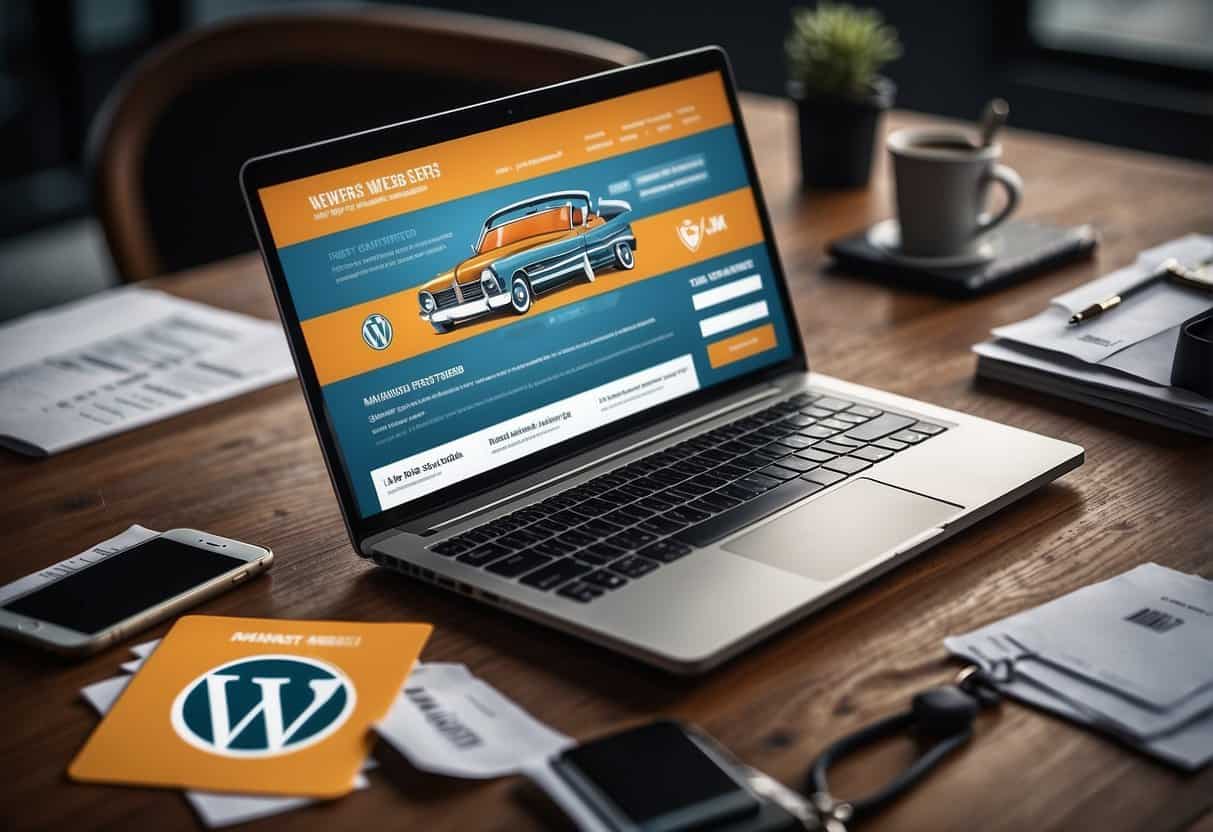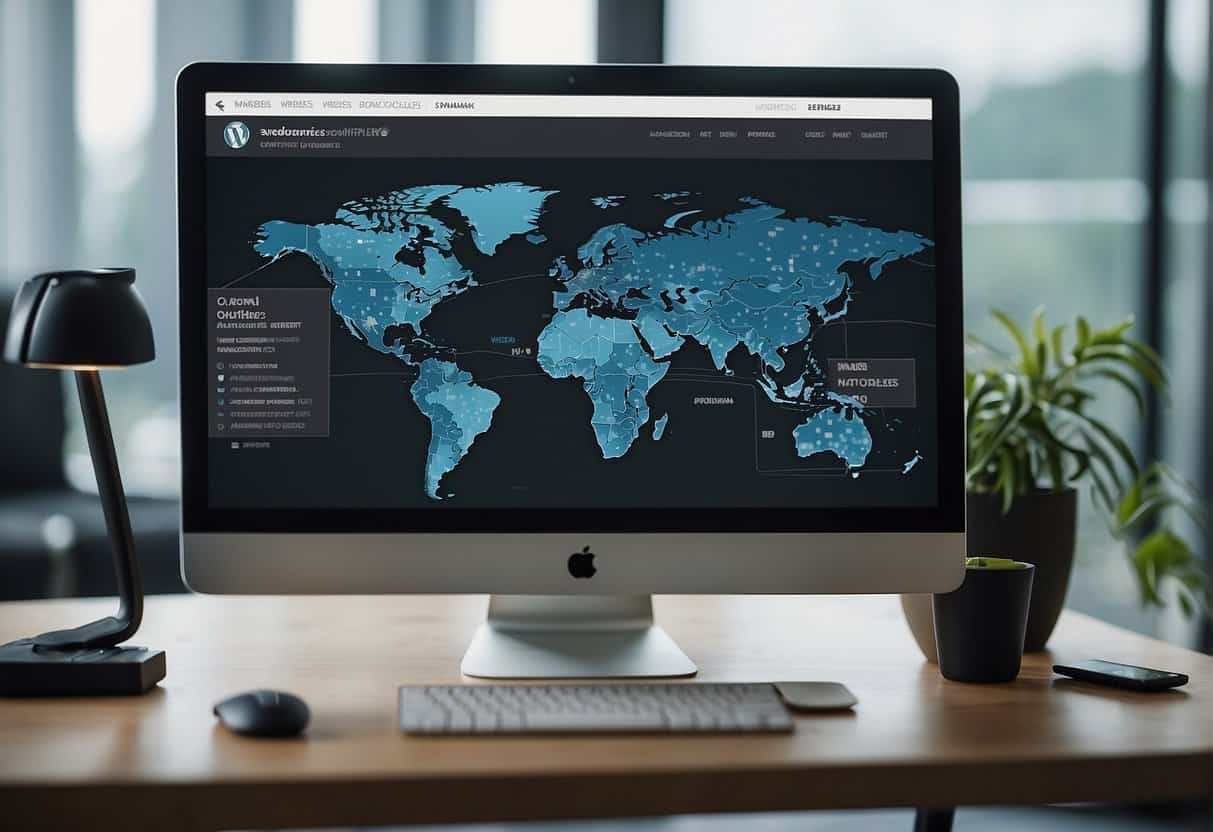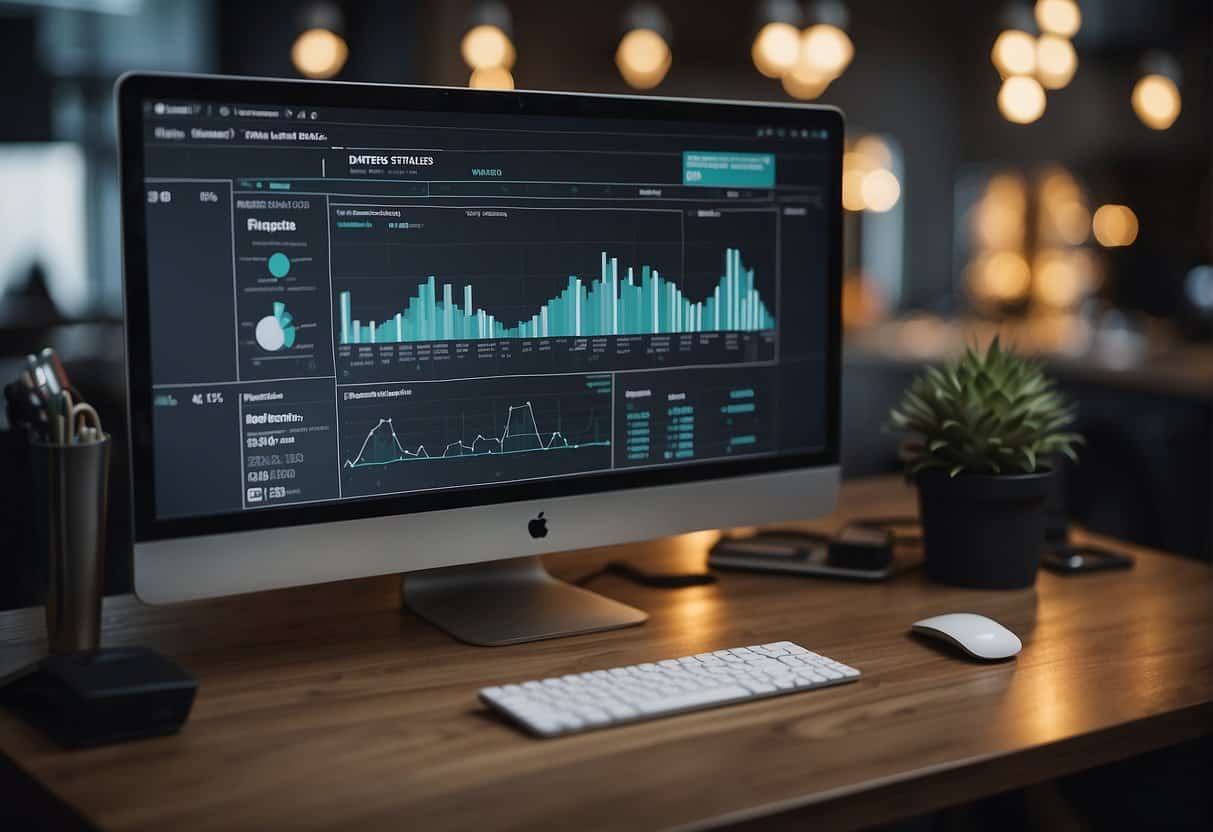We all had that experience at school: when the teacher asked a question and, despite your best efforts to shrink into a ball or become invisible, your name was called on for the answer.
Of course, your brain promptly went blank.
It’s not a pleasant memory for many! Think back to how you responded, though…
Did you take a wild guess?
Did you go silent with embarrassment? And possibly bright red, too?
Or did you simply admit “I don’t know”?

In the classroom, such a candid answer wasn’t always rewarded. “Well, you should know!” the teacher might have realistically replied. But we mustn’t let this experience give us the wrong idea.
Honesty regarding our own shortcomings is actually very powerful, especially as a digital agency owner.
“How so?”, you ask. Well, we don’t know! (Just kidding. Keep reading to find out.)
“I Don’t Know” Reveals Opportunities for Improvement
We will never know what we need to learn without recognizing that we don’t already know it.
Knowing what we don’t know is key to unlocking improvements.
In fact, if we’re not regularly being asked things that we don’t know, then we might question whether we’re pursuing progress. After all, growth comes from stepping out of our comfort zone. In time, we make what we find out there feel more comfortable.
Thoughtful people that want to learn more see “I don’t know” as an exciting opportunity. They react to the revelation like they’ve been given directions to a brand-new place, cheerfully running off to make a discovery.
In contrast, someone who can’t tolerate the embarrassment of not knowing is going to stick to the spaces and subjects that they’ve already mastered.
To avoid embarrassment, they embrace stagnancy.
Which kind of person would you rather work with? Which kind of person would you rather be?
Which kind of person is more likely to run a successful digital agency?
If you’re truly committed to growing both personally and professionally, then you need to get confident and curious about all that you don’t know.

“I Don’t Know” Guides Effective Collaborations
One thing you should know for sure is that it’s impossible to know everything. Even if you spend all your life trying.
But hey, that’s what other people are for!
There’s a reason so much of life’s work involves collaboration. We’re supposed to play off one another’s strengths and weaknesses. Sadly, those that can’t admit gaps in their knowledge don’t usually make the best colleagues.
That’s because they’re more interested in proving what they know than furthering the group’s objectives.
Rather than celebrating the unique contributions of each team member, feeling inspired to combine their skills with those of other people, they’re stuck in insecurity about how they measure up.
They’d prefer to take the path they know best than try one that’s potentially quicker, easier, or more effective, even if they have an experienced tour guide by their side!
Effective collaboration depends on understanding where you excel and where you’d benefit from reinforcement.
If you know what you don’t know, then you know who to approach for help. Without accepting and admitting that, you’ll never receive the support you need.
Remember that there are active communities of digital agency owners out there, like the GoWP Digital Agency Owners page. They can be an incredible resource when you need to top up your knowledge.
Don’t let insecurity stop you from learning from and sharing with your peers.

“I Don’t Know” Inspires Trust
Cliches like “fake it til you make it” can be dangerous when you own a digital agency.
A client or a collaborator could easily see through your half-truth. Then you’re left with the tricky task of regaining their trust.
The fact is that most of us are tired of the arrogant, “I know everything” archetype anyway. Forward-thinking individuals and companies prefer humility to bravado.
You might think that not knowing something will damage your reputation. In reality, someone who’s not afraid to say “I don’t know” generates instant credibility.
They have proven their honesty, and they’ve shown that they take their work seriously.
Who really wants someone that’ll wing it at work? Someone who’ll dress up a guess to save face instead of making sure that they’re sure first?
False confidence can give a smooth first impression, but it’s a weak foundation for a lasting relationship.
Without even saying you don’t know, that fact will eventually become apparent. And all you’ll have earned from hiding the truth is suspicion and mistrust.
“I Don’t Know” Is The Antidote to Confident Ignorance
Does a researcher know the outcome of their project before they start? Of course not.
People wouldn’t question the value of their work (or the researcher themselves) because they don’t know yet. Their job is to find out.
That should be all of our jobs, to some degree—including those who own a digital agency. Without investigating what we don’t know, we resort to making assumptions to fill in the blanks.
Every one of those assumptions is inevitably rooted in our own experiences and values, limited by our own perspectives.
This results in what we call confirmation bias. It’s when we only absorb the evidence that supports what we already think. In business, where the deep analysis of data should be used to drive decision-making, that approach can be disastrous.
You’ve probably noticed that diversity is a pressing concern across industries these days. There’s a reason why, and it’s not just to address the legitimate demands of social justice.
It’s because we’re becoming aware of all that we don’t know.
As individuals, we each see things other people could not. We also miss things that other people would never.
Without consulting different kinds of people, we’re at risk of displaying confident ignorance: an unjustified faith in the universality of our knowledge.
Claiming knowledge that we don’t fully possess can lead to undesirable outcomes. However, when you accept the possibility that you don’t know—or that someone else potentially knows better—you make it possible to enrich your perspective with those of others.

“I Don’t Know” Makes You An Awesome Leader
Ok, so we’ve accepted the bad news. There are things that you don’t know.
The great news is that you’re in good company: alongside literally everyone else in the world.
Incomplete knowledge and moments of uncertainty are very much part of the human experience. When you admit them readily, you permit others to follow suit.
This makes you a comforting, relatable presence. Expect to make new and stronger connections more easily.
Intellectual humility is an awesome quality in a leader, too.
Think about it: team members who are scared to expose their weaknesses will also be reluctant to take risks. When you ask for their ideas, they’ll shy away.
They don’t want to get the “wrong” answer if you’ve shown them that what’s most important is to “know.” This stunts innovation, and it’s bad news for digital agencies that depend on creativity.
So why not create a culture of pride in not knowing?
That’s a culture of asking questions, collaborating, making suggestions, experimenting, and researching to resolve doubts. Sounds like a successful work culture to us!
But as a leader, you have to lead by example. Excellent leadership isn’t having all the answers on hand. Instead, you must empower your team to be human, to not know.
In doing so, you’ll give them the confidence to try, to confront the unfamiliar, and to unlock their full potential.
That way, they can find the answers themselves.
The Best Ways to Say “I Don’t Know”
“I don’t know” should never be a dead end. Here are some of the best ways to take a gap in your knowledge and make it a gateway to growth.
- I don’t know much about this, but I know you do; do you have any information you can share?
Most people like to be consulted and to share their expertise. When you ask this question, you show that you value their unique contributions.
You also portray yourself as a person that’s proactive and open to learning from others, which are very appealing qualities. - I don’t know for sure, so let me confirm first. If you give me some time, I can get back to you with a firm response.
Professionalism isn’t providing the quickest answer; it’s ensuring you provide the right answer!
A statement like this shows you have a responsible approach. You’d rather verify your information than make a misleading claim. - As this isn’t my area of expertise, I don’t know. However, I have a contact who’s experienced in this field, and I can partner with them on this project.
Your clients just want the job done to a high standard; they don’t necessarily care who does it! So when you don’t know, why not pull in skills and knowledge from your network?
One way to do so is through outsourcing. At GoWP, we have developers and copywriters you can add to your team, on your own terms.





